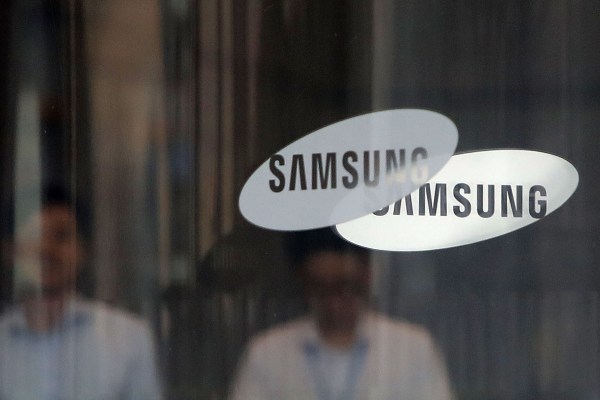
Samsung Electronics’ working revenue plummeted 69% to $3.4 billion within the quarter that resulted in December to an eight-year low, based on its preliminary estimates, as the worldwide demand for reminiscence chips and smartphones wanes because of excessive inflation and slowing financial system.
“Amid continued exterior uncertainties, together with a possible international financial downturn, general earnings decreased sharply quarter on quarter as we noticed a major drop within the reminiscence enterprise outcomes because of lackluster demand and weaker gross sales of smartphones,” the corporate mentioned in an announcement.
The reminiscence chipmaker and smartphone producer noticed gross sales of 70 trillion gained ($55 billion) within the quarter, down roughly 8.6% over the identical interval a 12 months in the past.
The sharp drop in demand for reminiscence chips, together with DRAM and NAND, that are utilized in devices and information facilities, has additionally pushed producers and distributors to decrease their value, based on TrendForce.
“For the reminiscence enterprise, the decline within the fourth quarter demand was higher than anticipated as clients adjusted inventories of their effort to additional tighten funds by considerations over deteriorating shopper sentiment,” the market researcher mentioned. “Earnings from the cell expertise enterprise declined as smartphones gross sales and income decreased because of weak demand ensuing from extended macro points.”
Many chip companies, together with Micron and SK Hynix, plan to slash their capital expenditure and scale back inventories this 12 months. Samsung has beforehand mentioned it doesn’t plan to scale back its capex.
Geopolitical danger is one other concern for semiconductor corporations tangled within the tech conflict between the U.S. and China. Final October, the U.S. rolled out new export controls requiring corporations to acquire licenses to promote semiconductor chips for supercomputers and synthetic intelligence to Chinese language companies.
Samsung reportedly has obtained a one-year waiver from the US authorities to proceed ordering U.S. chip manufacturing gear to its fabs in China, such because the NAND flash reminiscence chip plant in Xi’an and a chip-packaging facility in Suzhou. Regardless of the exemption to keep up the amenities in China, there’s at all times a danger that the U.S. restriction may broadly hit chip companies with clients in China.
South Korea mentioned earlier this week that it plans to extend tax breaks for semiconductor corporations in a bid to help Korean chip corporations and beef up the nation’s important business. The transfer comes after Samsung and SK Hynix paid the very best company taxes in 2021 amongst different prime 100 international chip makers, together with TSMC, Intel and SMIC.
The big chip conglomerates in South Korea will profit from a tax credit score of 15%, up from the deliberate 8%, on funding in manufacturing amenities; small and mid-sized semiconductor corporations will get a tax break of as a lot as 25%, up from 16%, based on South Korean finance ministry.
The tech large will announce a full earnings assertion, together with web revenue, for the fourth quarter and supply extra particulars on on the finish of this month.






